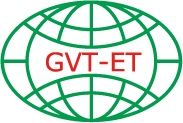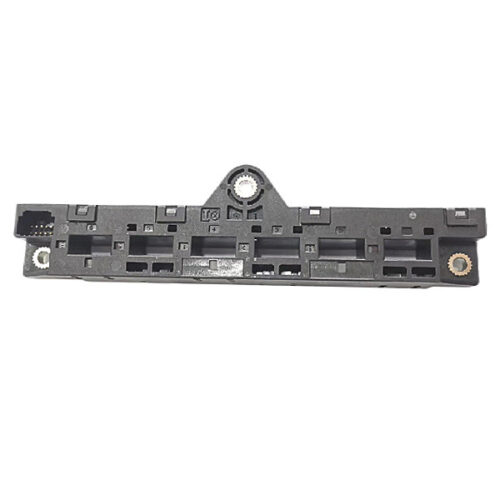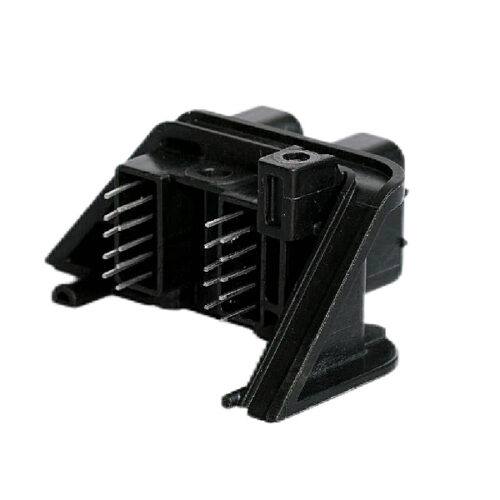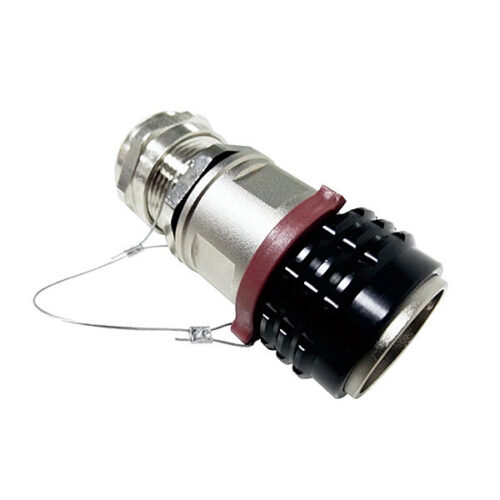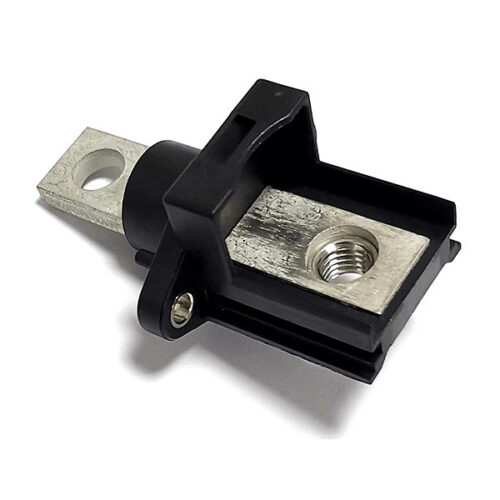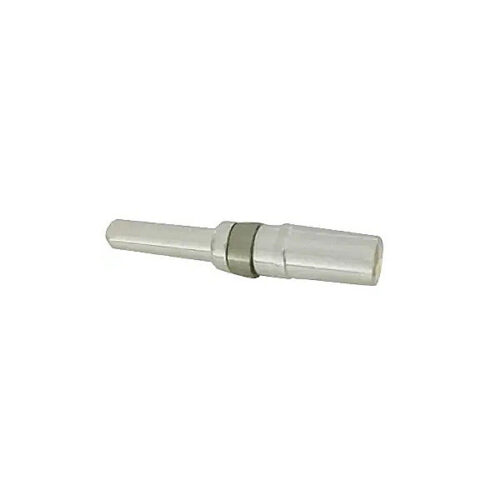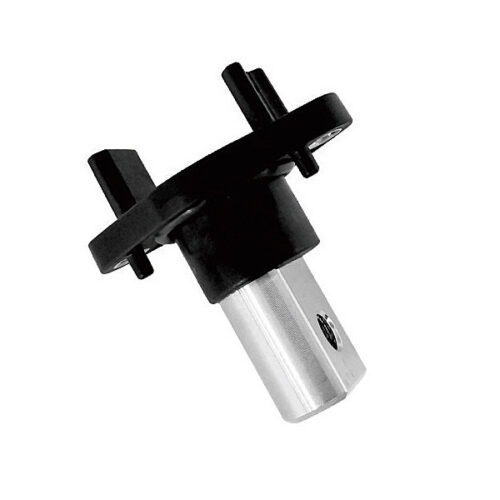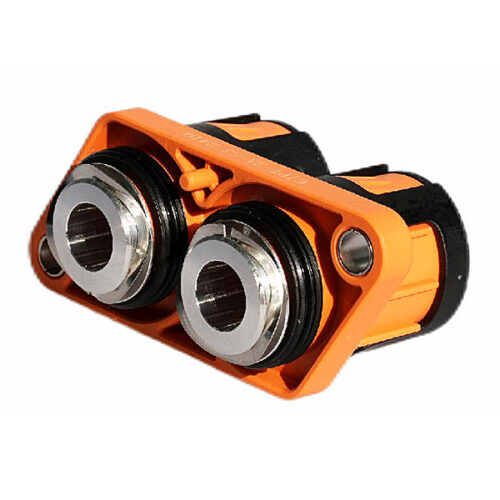Blogs & News
We are focus on automotive wiring harness & connectors technology.
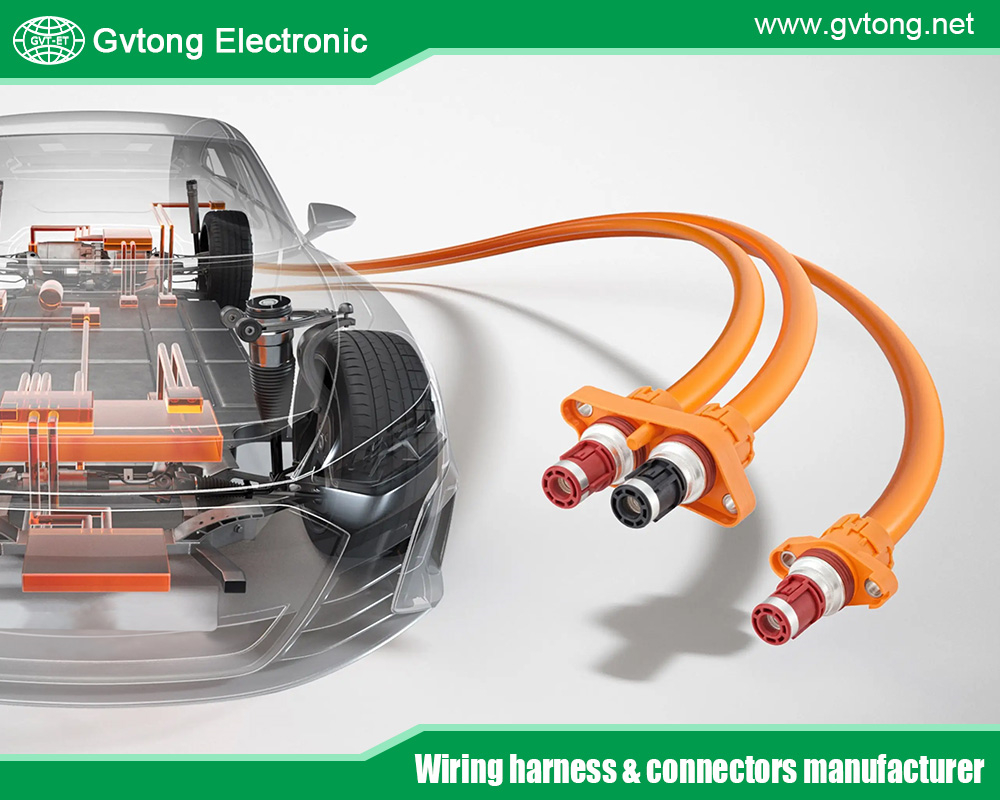
The Future of Electric Vehicle (EV) Connector Supplier
- Gvtong Electronic
- ADAS sensor connectors, Anti-vibration automotive connectors, automotive electrical connector, automotive High voltage connector, automotive Low voltage connector, automotive Oil-resistant Connectors, Automotive shielded connectors, automotive Signal Connector, automotive waterproof connectors, Battery management system (BMS) connectors, Best Photovoltaic Solar Battery Connectors For Energy Storage Systems, Blind-mate automotive connectors, Electric Vehicle (EV) Connector Manufacturer, Electric Vehicle EV Connector, electric vehicle EV connector supplier, EV charging connectors, Fuel cell connectors, High-speed data connectors, High-temperature resistant connectors, In-cabin infotainment connectors, Lightweight automotive connectors, Low-contact resistance connectors, Modular automotive connectors, OEM-specific connectors, Oil-resistant automotive connectors, Pre-charge/discharge connectors, Quick-fit automotive connectors, V2X communication connectors
- No Comments
The Future of Electric Vehicle (EV) Connector Supplier
The electric vehicle (EV) industry is experiencing unprecedented growth, driven by global demand for sustainable transportation, supportive government policies, and advancements in battery technology. At the heart of this transformation lies a critical yet often overlooked component: EV connectors. These connectors, which facilitate power transfer between EVs, charging stations, and grids, are pivotal to the EV ecosystem. As the EV market is projected to grow at a CAGR of over 20% through 2030, the role of EV connector suppliers is becoming increasingly vital.
This article explores the future of EV connector suppliers, examining emerging trends, technological innovations, market dynamics, and challenges. From the rise of ultra-fast charging to the integration of smart technologies, we’ll analyze how suppliers are adapting to meet the demands of a rapidly evolving industry. Additionally, we’ll discuss the competitive landscape, sustainability initiatives, and the impact of global standardization efforts on the connector market.
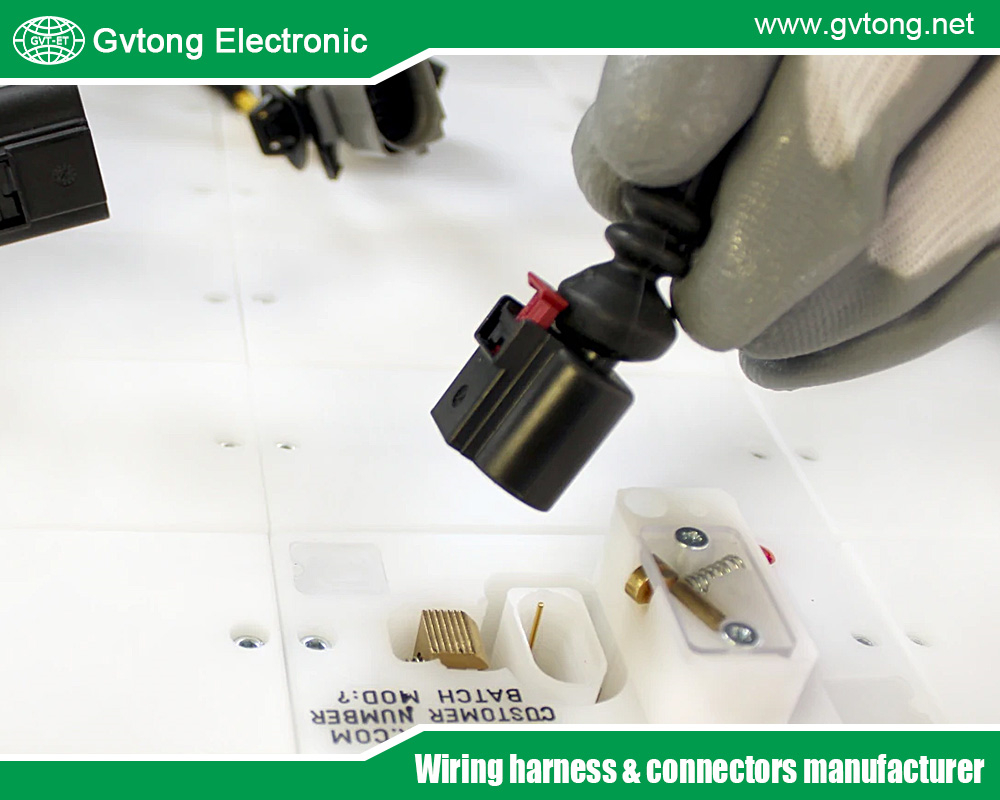
The Growing Importance of EV Connectors
EV connectors are the linchpin of the charging infrastructure, ensuring safe, efficient, and reliable power transfer. With global EV sales expected to reach 45 million units annually by 2030 (based on BloombergNEF projections), the demand for high-quality connectors is surging. Connectors must support diverse charging standards (e.g., CCS, CHAdeMO, Tesla’s NACS), handle high-power outputs, and withstand environmental stressors like heat, moisture, and wear.
Suppliers are under pressure to innovate, producing connectors that are compact, durable, and compatible with next-generation charging systems. The shift toward ultra-fast charging (350 kW and above) requires connectors capable of handling high currents and voltages while maintaining safety and thermal efficiency. Moreover, vehicle-to-grid (V2G) systems, which allow EVs to return power to the grid, are increasing the demand for bidirectional connectors.
The rise of autonomous EVs and shared mobility services further amplifies the need for robust, standardized connectors that can operate in high-usage scenarios. Suppliers who can deliver scalable, cost-effective solutions will play a critical role in enabling the mass adoption of EVs.
Technological Innovations Shaping the Future
The future of EV connector suppliers hinges on technological advancements that address efficiency, safety, and user experience. Key innovations include:
- High-Power Connectors: Ultra-fast charging stations delivering 350 kW or more require connectors with advanced cooling systems (liquid or air-based) to manage heat dissipation. Suppliers like TE Connectivity and Amphenol are developing connectors with enhanced thermal management to support these systems.
- Smart Connectors: Integration of IoT and AI technologies enables connectors to monitor charging performance, detect faults, and optimize energy flow. Smart connectors can communicate with EVs and charging networks, improving efficiency and reducing downtime.
- Wireless Charging Interfaces: While still in early stages, wireless charging could reduce reliance on physical connectors. However, suppliers are exploring hybrid solutions that combine wireless and wired technologies for maximum flexibility.
- Material Advancements: Lightweight, durable materials like advanced polymers and composites are being used to reduce connector weight and improve longevity. Copper alloys with higher conductivity are also gaining traction to minimize energy loss.
- Modular and Universal Designs: To address the fragmentation of charging standards, suppliers are developing modular connectors that can adapt to multiple standards (e.g., CCS2, NACS) via interchangeable components.
These innovations are driven by the need to reduce charging times, enhance user convenience, and support the scalability of charging infrastructure. Suppliers investing in R&D will gain a competitive edge in this dynamic market.
Market Dynamics and Competitive Landscape
The global EV connector market was valued at approximately $2 billion in 2024 and is expected to grow significantly, driven by the expansion of charging networks and EV adoption. Key players like TE Connectivity, Aptiv, Yazaki, and Amphenol dominate the market, but new entrants and regional suppliers are emerging, particularly in Asia-Pacific, where China leads EV production.
Competition is intensifying as suppliers vie to secure contracts with automakers and charging network operators. Tesla’s decision to open its NACS standard to other manufacturers has spurred interest in universal connector designs, challenging suppliers to adapt quickly. Meanwhile, partnerships between suppliers and energy companies are fostering innovation in V2G and smart grid integration.
Regional dynamics also play a role. Europe’s focus on CCS2 and stringent emissions regulations drives demand for high-performance connectors, while North America’s adoption of NACS is reshaping supplier strategies. In Asia, low-cost manufacturing and government incentives are enabling local suppliers to capture market share.
Challenges Facing EV Connector Suppliers
Despite opportunities, EV connector suppliers face several challenges:
- Standardization Issues: The lack of a global charging standard creates complexity for suppliers, who must produce connectors compatible with multiple protocols. Efforts to harmonize standards (e.g., CCS adoption in Europe) are ongoing but slow.
- Cost Pressures: High R&D and production costs for advanced connectors can strain margins, especially for smaller suppliers competing with established players.
- Supply Chain Disruptions: Shortages of critical materials like copper and rare earths, coupled with geopolitical tensions, pose risks to production.
- Sustainability Demands: Consumers and regulators are pushing for eco-friendly manufacturing processes, forcing suppliers to adopt sustainable materials and reduce carbon footprints.
Addressing these challenges requires agility, strategic partnerships, and investment in automation to streamline production and reduce costs.
Sustainability and Regulatory Trends
Sustainability is a key driver shaping the future of EV connector suppliers. Regulatory frameworks, such as the EU’s Green Deal, mandate low-carbon manufacturing and recycling initiatives. Suppliers are exploring biodegradable materials and closed-loop recycling systems to meet these requirements.
Additionally, regulations promoting interoperability and safety are influencing connector design. For instance, the IEC 62196 standard for EV connectors emphasizes durability and safety, pushing suppliers to align with global benchmarks. Governments are also offering incentives for companies that invest in green technologies, creating opportunities for innovative suppliers.
The Role of Emerging Markets
Emerging markets, particularly in Asia and Africa, present significant growth opportunities for EV connector suppliers. China, the world’s largest EV market, is driving demand for affordable, high-volume connectors. India’s ambitious EV adoption goals, backed by government subsidies, are creating a new market for suppliers.
However, these markets require tailored solutions. Low-cost connectors with robust performance are critical in price-sensitive regions. Suppliers must also navigate local regulations and partner with regional players to establish a foothold.
The Road Ahead: Opportunities and Strategies
The future of EV connector suppliers lies in embracing innovation, collaboration, and adaptability. Key strategies include:
- Investing in R&D: Developing next-gen connectors for ultra-fast charging and V2G systems.
- Forming Strategic Partnerships: Collaborating with automakers, charging network operators, and tech companies to co-develop solutions.
- Expanding Global Presence: Establishing manufacturing facilities in high-growth regions to reduce costs and improve supply chain resilience.
- Focusing on Sustainability: Adopting eco-friendly practices to align with consumer and regulatory expectations.
By 2030, the EV connector market could exceed $5 billion, driven by the proliferation of charging infrastructure and advancements in connector technology. Suppliers that anticipate trends and invest strategically will thrive in this transformative landscape.
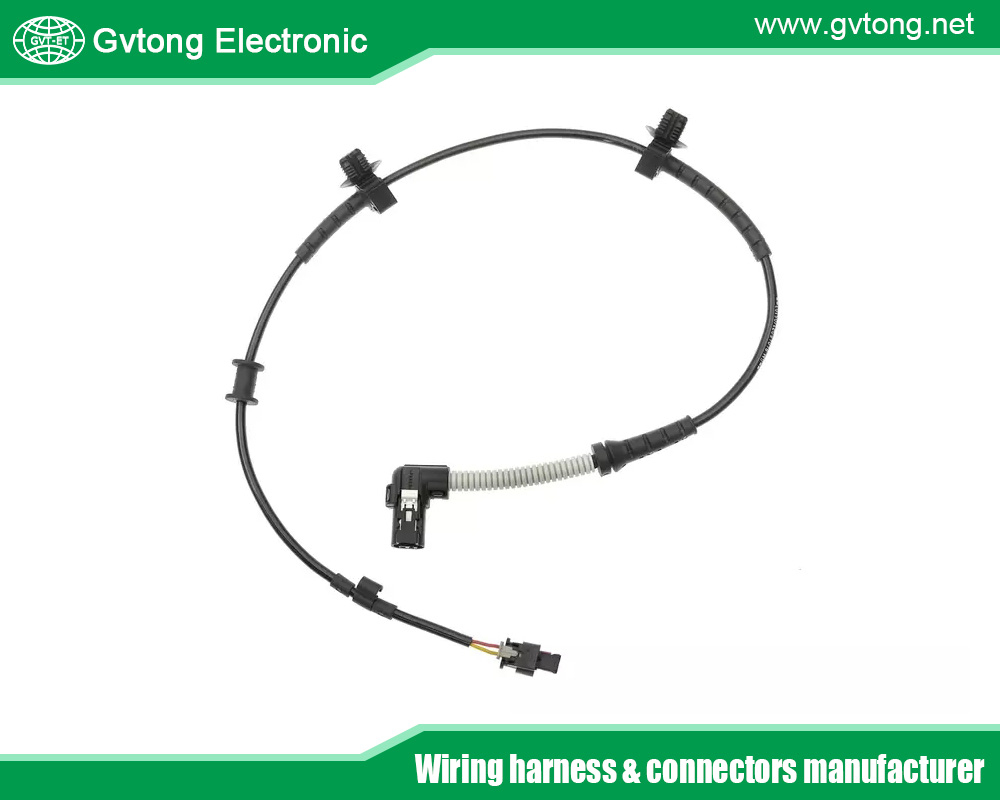
Conclusion
The future of EV connector suppliers is bright but complex, shaped by technological innovation, market dynamics, and regulatory pressures. As the EV industry accelerates toward mass adoption, connectors will play a critical role in enabling faster, safer, and more efficient charging. Suppliers must navigate challenges like standardization, cost pressures, and sustainability while capitalizing on opportunities in emerging markets and smart technologies.
The next decade will see EV connector suppliers evolve from component manufacturers to key enablers of the electrified future. Those who invest in innovation, forge strategic partnerships, and adapt to global trends will lead the charge in powering the EV revolution.
For more about the future of electric vehicle (EV) connector supplier, you can pay a visit to Gvtong at https://www.gvtong.net/ for more info.
